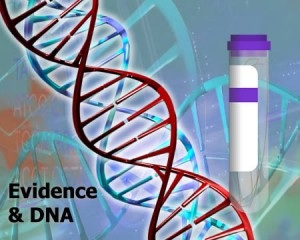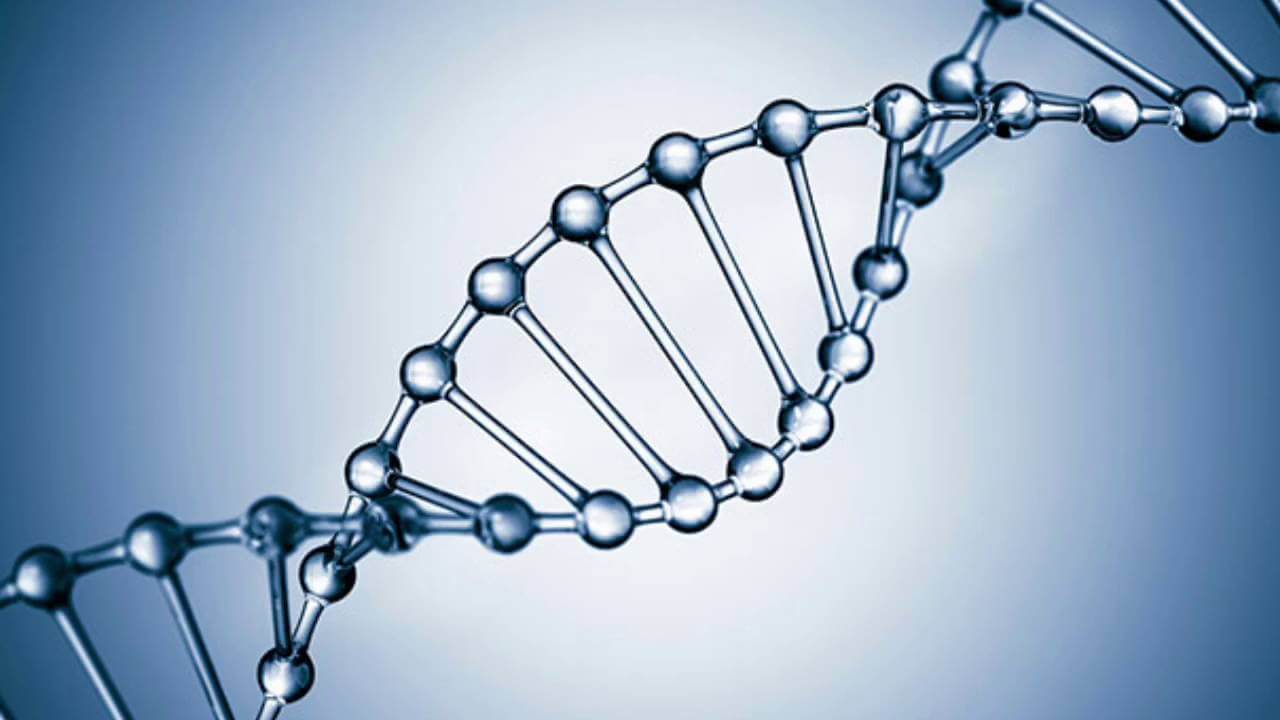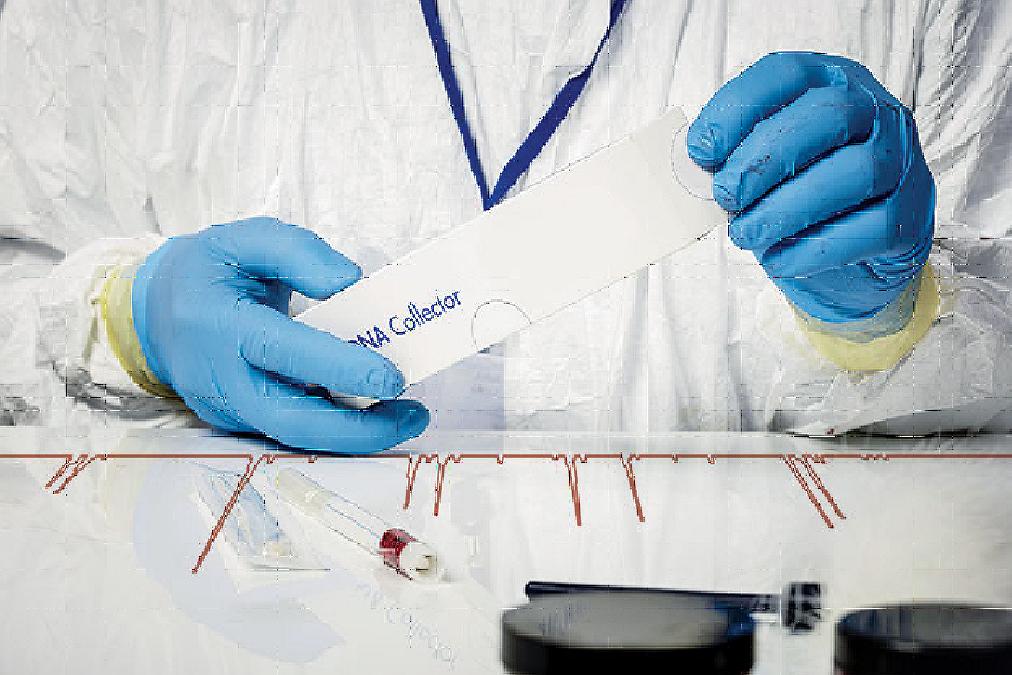Perfect Info About How To Become A Dna Analysis
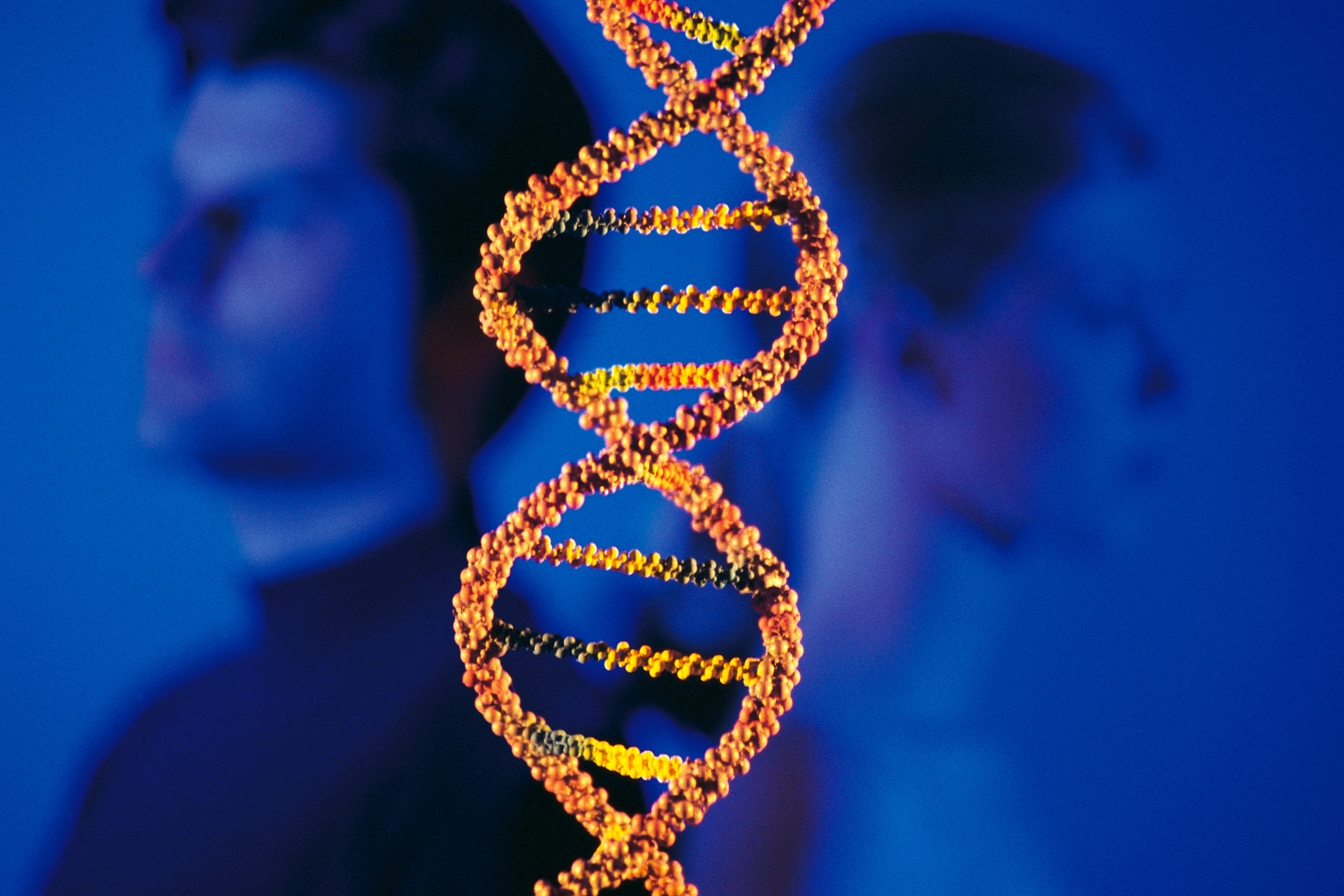
Earning an undergraduate degree in biology with an emphasis in forensics will provide the background needed to be a dna analyst.
How to become a dna analysis. As a dna analyst, you will. Dna analysts usually study biology, criminal justice or chemistry. Some of the classes that you may be required to take include, criminology, theories of crime, research methods, statistical analysis, dna analysis, forensic processing, victimology,.
There are several education requirements to become a dna analyst. 67% of dna analysts hold a bachelor's. Learn how to become a dna analyst.
Dna analysis is a highly specialized scientific field. Forensic analysts are typically required to have a bachelor’s degree in forensic science, biology, or chemistry. Analysts usually need a bachelor's degree in business administration, math, engineering, economics, computer science, or a related discipline.
While it may be possible to begin work as a technician without a. The most common path for dna analysts is to get a bachelor’s degree in forensic science and then enter the workforce and gain experience in. Some candidates may choose to major in a natural science like.
Dna analysts aspiring to work in crime labs. They help compare dna samples from crime scenes or victims. Several basic steps are performed during dna testing regardless of the type of test being done.
Forensic analyst education and training path. You will take classes like: Education and skill requirements for dna analysts.
A major educational requirement for forensic dna analysts is a bachelor’ss degree in forensic science, chemistry, or biology, with sufficient course work on genetics, biochemistry, molecular. Get expert career advice on skills, qualification, training and certifications required to be a dna analyst. The typical educational requirements for anyone who wishes to become a dna specialist in investigations is a bachelor’s degree in biology, microbiology, molecular biology,.
How to become a dna analyst dna analysts typically have a bachelor’s degree in forensic studies, criminalistics, biology or a related field. Dna analysts are typically employed by forensic crime labs.
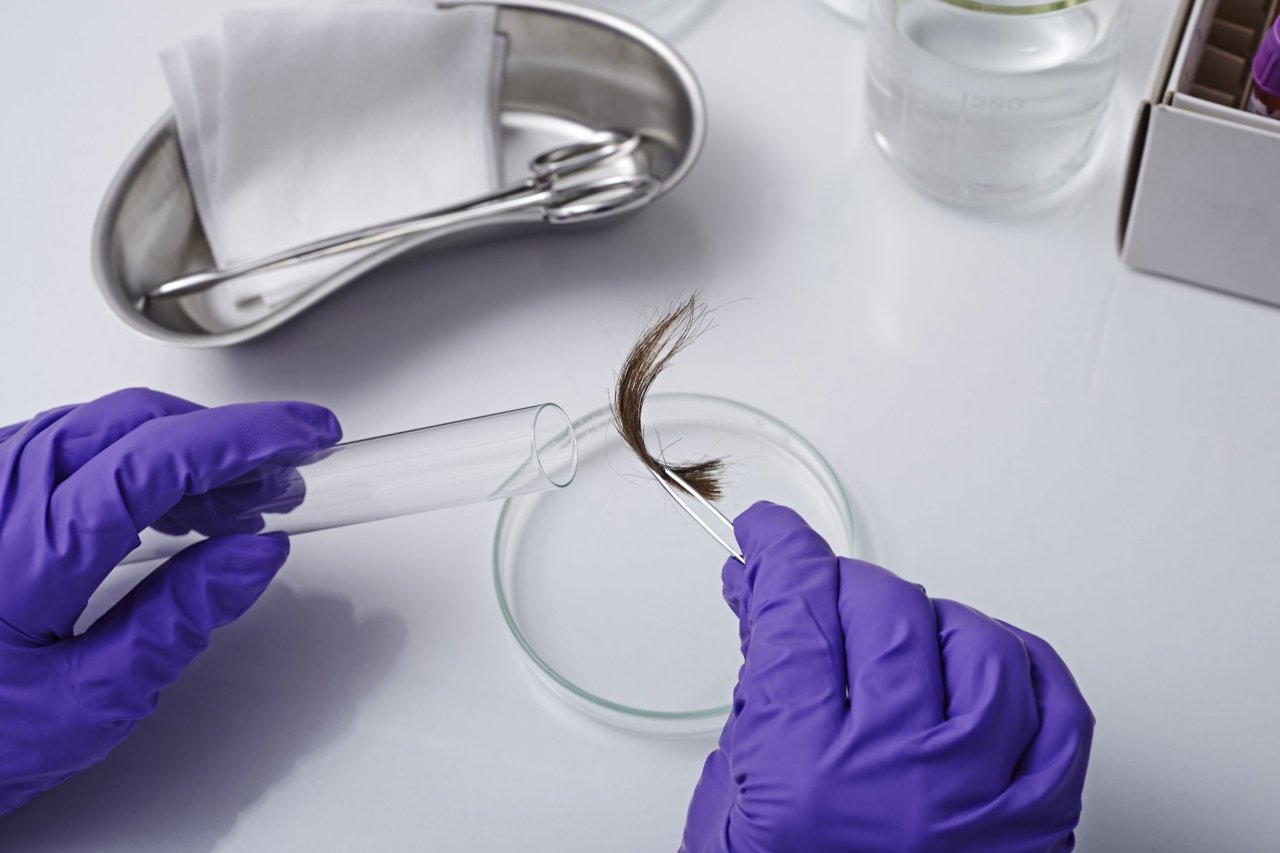


.png)


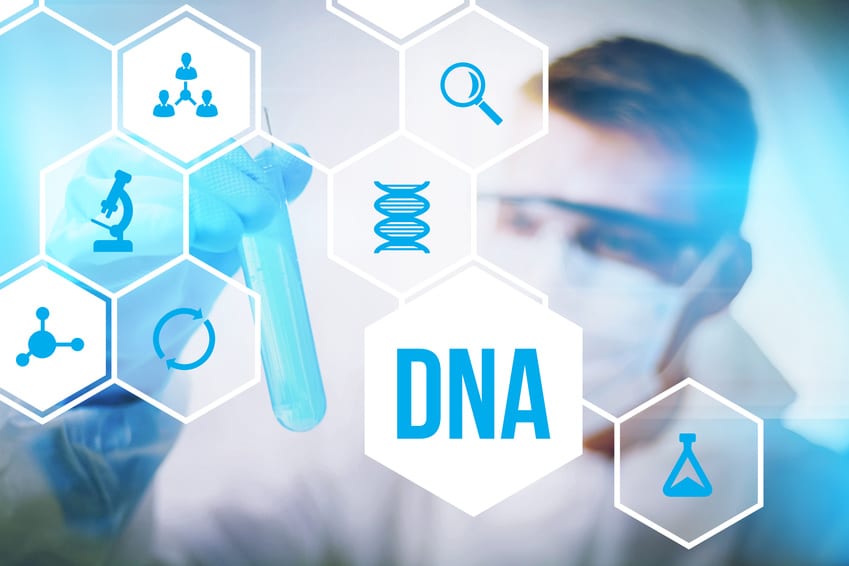
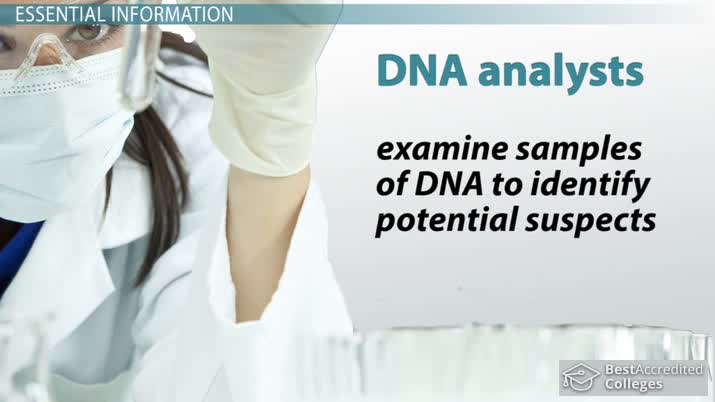

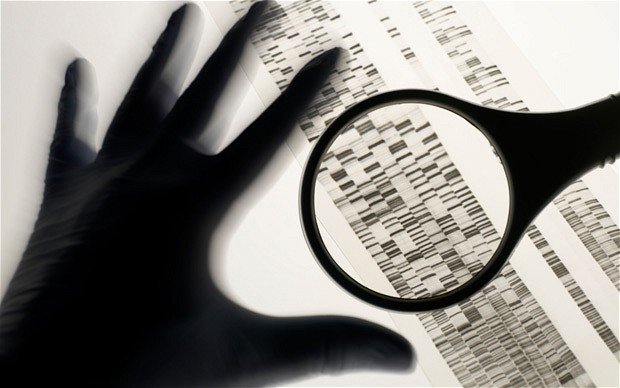
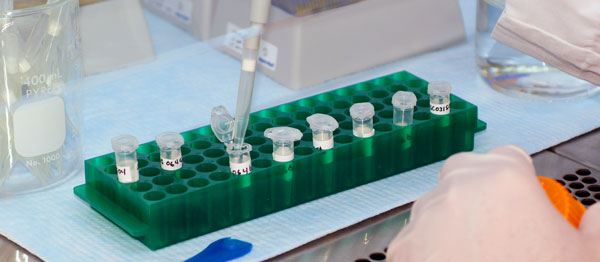
/107918084-1-56a1e28c5f9b58b7d0c43fbd.jpg)


